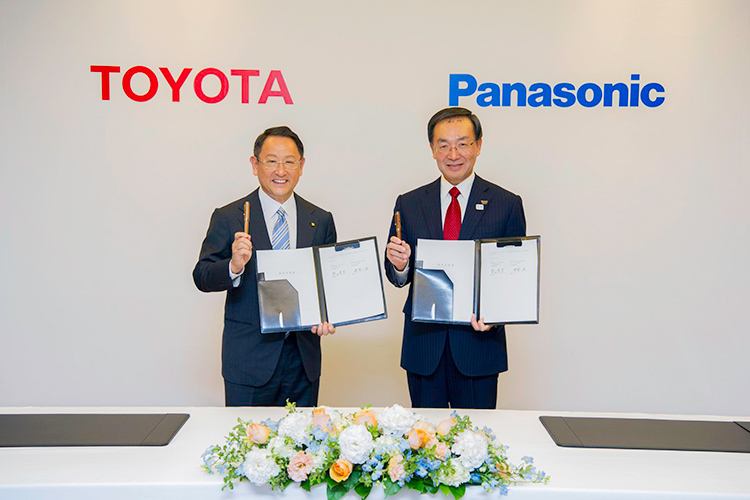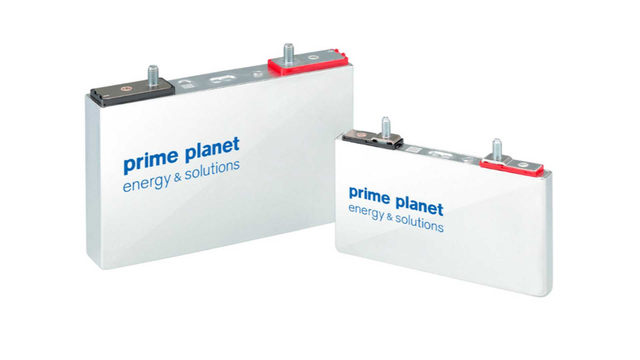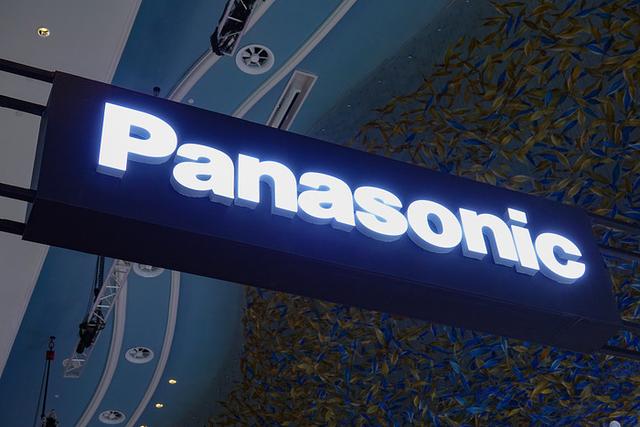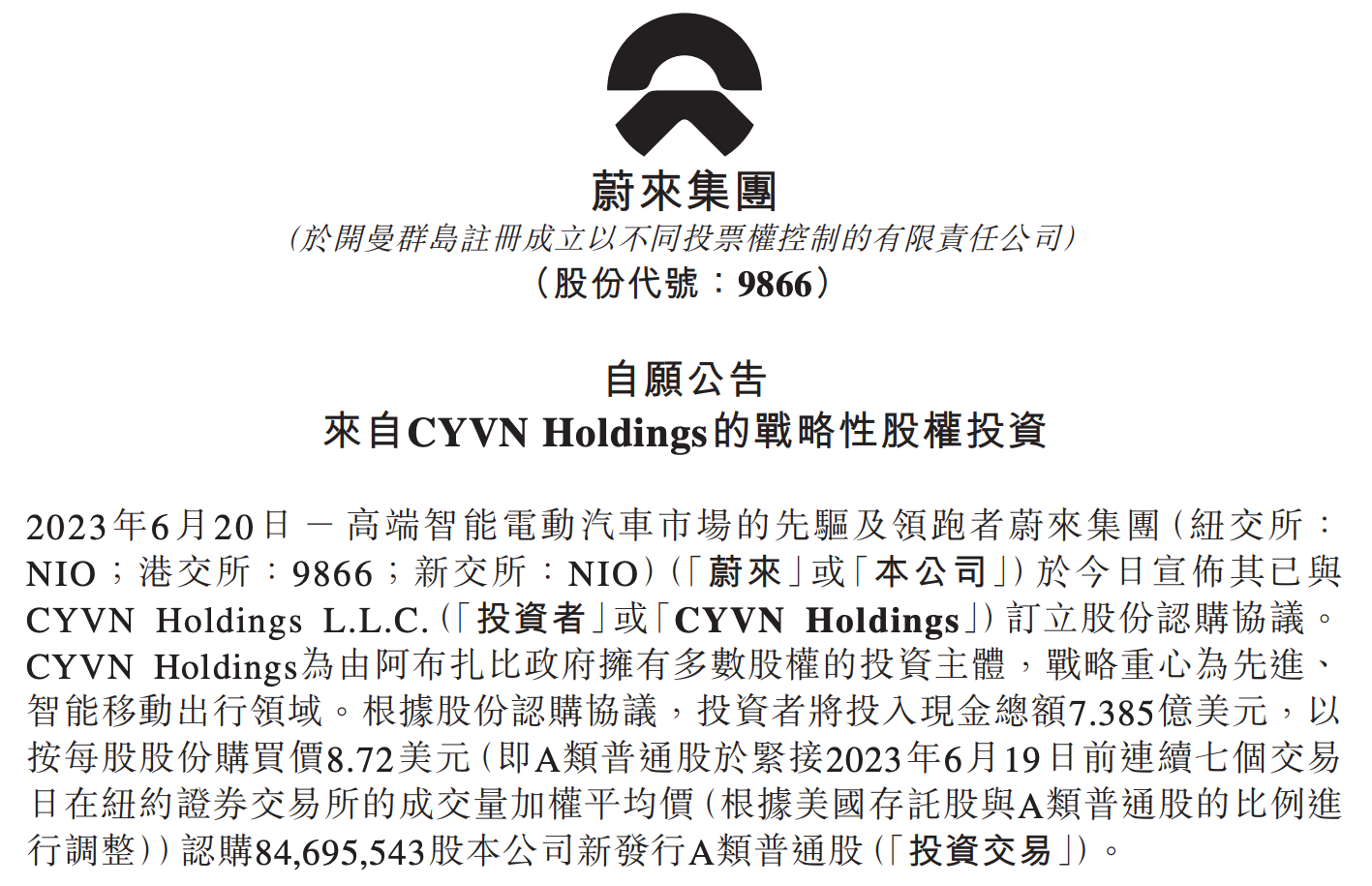In addition to Weibo, there is also WeChat
Please pay attention

WeChat public account
AutoBeta


2024-11-17 Update From: AutoBeta autobeta NAV: AutoBeta > News >
Share
AutoBeta(AutoBeta.net)10/08 Report--
In the era when new energy vehicles have become a major trend, batteries, as an important part of new energy vehicles, have been valued by various car companies. In order to reduce costs, many car companies have set up joint ventures with battery manufacturers. A few days ago, Prime Planet Energy & Solutions, a new joint venture between Toyota and Panasonic, and Inc announced the expansion of battery production.

The newly expanded battery production line at the Tokushima plant in Japan will be dedicated to the production of square lithium-ion batteries for hybrid vehicles, according to the official statement. Implementation is scheduled to begin in 2022, with a target of about 500000 hybrid models a year, but there is no official indication of whether the models to be supplied will be conventional hybrids or plug-in hybrids.
Data show that the joint venture between Toyota and Panasonic is called Prime Planet Energy & Solutions, Inc. (Taixing Energy Solutions Co., Ltd.). Toyota, which went into operation on April 1, has a 51% stake, while Panasonic has a 49% stake.
The new company initially planned to develop batteries that can be used in any electric vehicle, including high-capacity / high-output square lithium-ion batteries, all-solid-state batteries, and the development, manufacture and sale of next-generation batteries (including new battery principles, etc.). In the future, not only to Toyota, but also to all customers with a wide and stable supply of batteries.

It is not hard to see that Toyota still has hybrid models as its main strategic plan when other companies are focusing on pure electric vehicles. At the just-concluded Beijing auto show, Toyota said it would achieve its annual sales target of 5.5 million new energy vehicles by 2025, including 4.5 million hybrid models, 1 million pure electric and hydrogen fuel cell vehicles. Hybrid still accounts for a large proportion of the plan.
Of course, in addition to the joint venture with Panasonic, Toyota also works with a number of battery manufacturers. On July 17, 2019, Toyota established a comprehensive cooperative partnership with Ningde Times in the field of new energy vehicle power batteries; on September 26, 2019, Toyota signed strategic cooperation framework agreements with China's FAW and GAC GROUP respectively. The partnership will be further deepened in the fields of electrification and intelligent network connection. On October 9, 2019, Toyota and Changshu New Zhongyuan Venture Capital Co., Ltd. further deepened the cooperative relationship between the two sides. The two sides will continue to explore measures that are not limited to Toyota but also allow other enterprises to use the technology. On November 7, 2019, Toyota signed a joint venture agreement with BYD, each contributing 50% to set up a pure electric joint venture company, which will be established in China in 2020.

All this indicates that in this era when new energy is the trend of the future, laying out more projects and plans in the field of new energy in advance can not only help brands keep up with the pace of transformation, but also attract the business of more electric car manufacturers outside Toyota.
Welcome to subscribe to the WeChat public account "Automotive Industry Focus" to get the first-hand insider information on the automotive industry and talk about things in the automotive circle. Welcome to break the news! WeChat ID autoWechat
Views: 0
*The comments in the above article only represent the author's personal views and do not represent the views and positions of this website. If you have more insights, please feel free to contribute and share.











© 2024 AutoBeta.Net Tiger Media Company. All rights reserved.